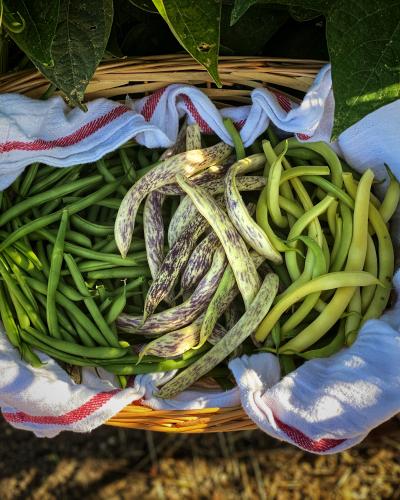Although organic farmers abstain from the use of harsh inorganic chemicals and synthetic fertilizers, plants and livestock may be treated with approved external inputs. Although substances that...
Aug 02, 2023
Cattle diets on organic farms contain significantly less pesticide residue than that of conventional farms, according to a recent Austrian study. On conventional farms, nearly all of cattle feed...
Nov 22, 2022
By David Montgomery and Anne Biklé
The original proponents of organic agriculture argued that healthy soils produced healthier food, a...
Sep 30, 2022
Higher concentrations of certain nutrients in fresh organic produce can also translate to frozen foods, a new study published in the Journal of Food and Dairy Sciences, Mansoura University reveals...
Jun 27, 2022
Organic olives and their oil have a reputation for being healthier and more nutritious, and their demand has grown over...
Jun 07, 2022
When modeling the benefits of replacing beef consumption with fermented plant protein, a study found that just replacing 20...
Feb 08, 2022
New-generation pesticides are often developed to replace earlier, more toxic chemicals in effort to clean up the environmental and human health impacts of these older agricultural pesticides....
Jan 17, 2022
A recent study published in the journal Environmental Science and Pollution Research tested urine samples from 6,848 participants and found glyphosate in 99.8% of the samples, suggesting a general...
Oct 04, 2021
A recent study presented at the EurAsia Waste Management Symposium found that when organic cotton is substituted for conventional cotton in denim production, 11 indicators of global warming, human...
Sep 20, 2021
A new study in the journal Nutrients has found that packaged and processed foods with the USDA Organic label contain fewer ingredients that are linked to negative health outcomes than non-organic...











